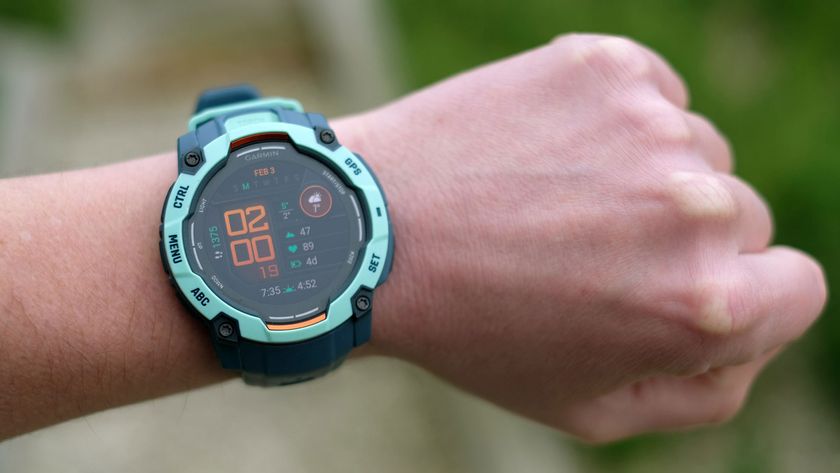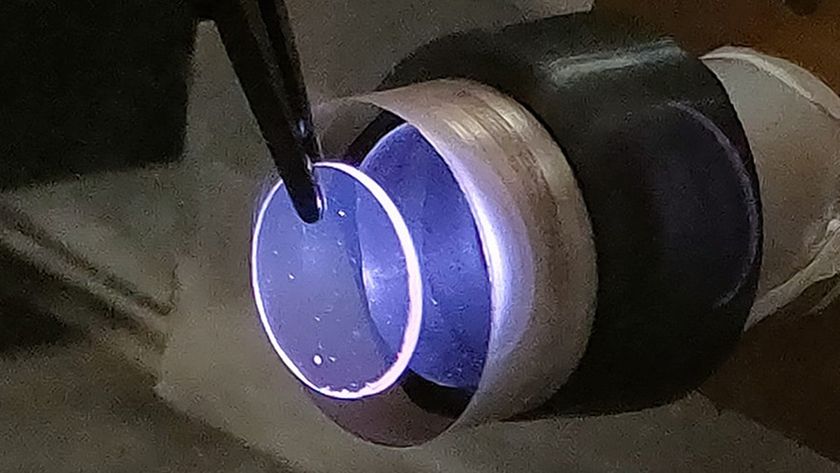Rate of Opioid-Dependent Babies Doubles in US
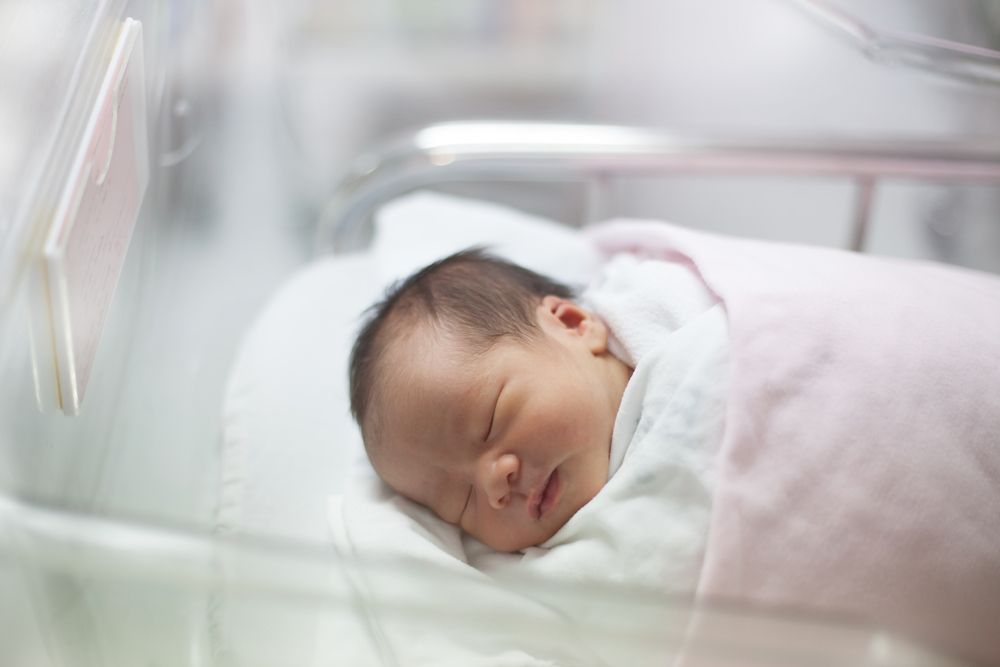
There continues to be a rise in the number of U.S. babies born who are dependent on opioid drugs, according to a new study.
Researchers looked at the rate of babies diagnosed with neonatal abstinence syndrome, a condition in which newborns experience withdrawal symptoms as a result of being exposed to opioids (including prescription opioids or heroin) while in the womb.
They found that the rate of neonatal abstinence syndrome more than doubled during the study period, from 2.8 cases per 1,000 births in 2008, to 7.3 cases per 1,000 births in 2013. Overall, there were 27,315 babies in the U.S. diagnosed with neonatal abstinence syndrome in 2013, the study found.
A separate, earlier study from researchers at Vanderbilt University in Tennessee found that there were 21,732 cases of neonatal abstinence syndrome in 2012. The rate of neonatal abstinence syndrome in the United States has increased fivefold since the year 2000, the study said.
The new study also looked at the rate of neonatal abstinence syndrome in the state of Kentucky, where the burden of opioid abuse is particularly high, according to the researchers, who are from the University of Kentucky College of Pharmacy. [America's Opioid-Use Epidemic: 5 Startling Facts]
The results showed that the rate of neonatal abstinence syndrome also increased in Kentucky during the study period, and was much higher than the national average. The rate of neonatal abstinence syndrome in Kentucky increased from 5.0 cases per 1,000 births in 2008 to 21.2 cases per 1,000 births in 2014.
The high rate of neonatal abstinence syndrome in Kentucky "reflects the disparate effect drug abuse has among states," the researchers said.
Sign up for the Live Science daily newsletter now
Get the world’s most fascinating discoveries delivered straight to your inbox.
Babies with neonatal abstinence syndrome can experience tremors, seizures, excessive crying, poor feeding, fever, sleep problems, blotchy skin coloring and rapid breathing, according to the National Institutes of Health. When women take drugs, including opioids, during pregnancy, such actions can also lead to other health problems for the baby, like birth defects, low birth weight, premature birth and a small head circumference.
Last year, the U.S. government passed a law aimed at addressing the rise in neonatal abstinence syndrome cases, called the Protecting Our Infants Act of 2015. This law requires the Department of Health and Human Services to conduct a study on neonatal abstinence syndrome and develop recommendations for preventing and treating the condition, according to a statement from the White House.
However, the law doesn't provide solutions to help with the problem in the short term, the researchers said.
Because of the "tremendous burden" of neonatal abstinence syndrome, coming up with ways to address opioid use in pregnant women or women of childbearing age "should be a priority of national and state drug abuse efforts," the researchers said.
The study was published today (Sept. 26) in the journal JAMA Pediatrics.
Original article on Live Science.

Rachael is a Live Science contributor, and was a former channel editor and senior writer for Live Science between 2010 and 2022. She has a master's degree in journalism from New York University's Science, Health and Environmental Reporting Program. She also holds a B.S. in molecular biology and an M.S. in biology from the University of California, San Diego. Her work has appeared in Scienceline, The Washington Post and Scientific American.
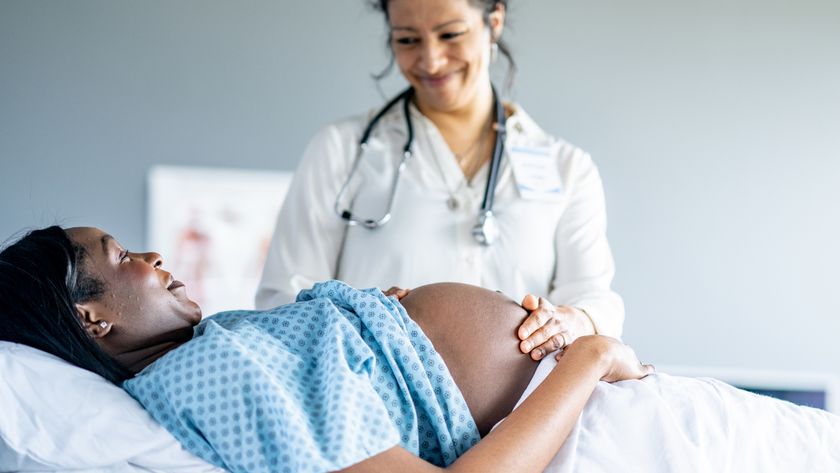
'Mini placentas' in a dish reveal key gene for pregnancy
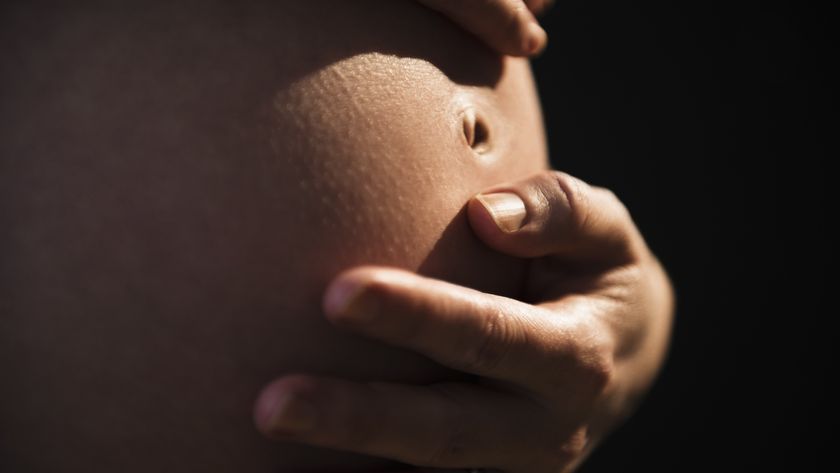
Diagnostic dilemma: Teen's improbable pregnancy occurred after oral sex

